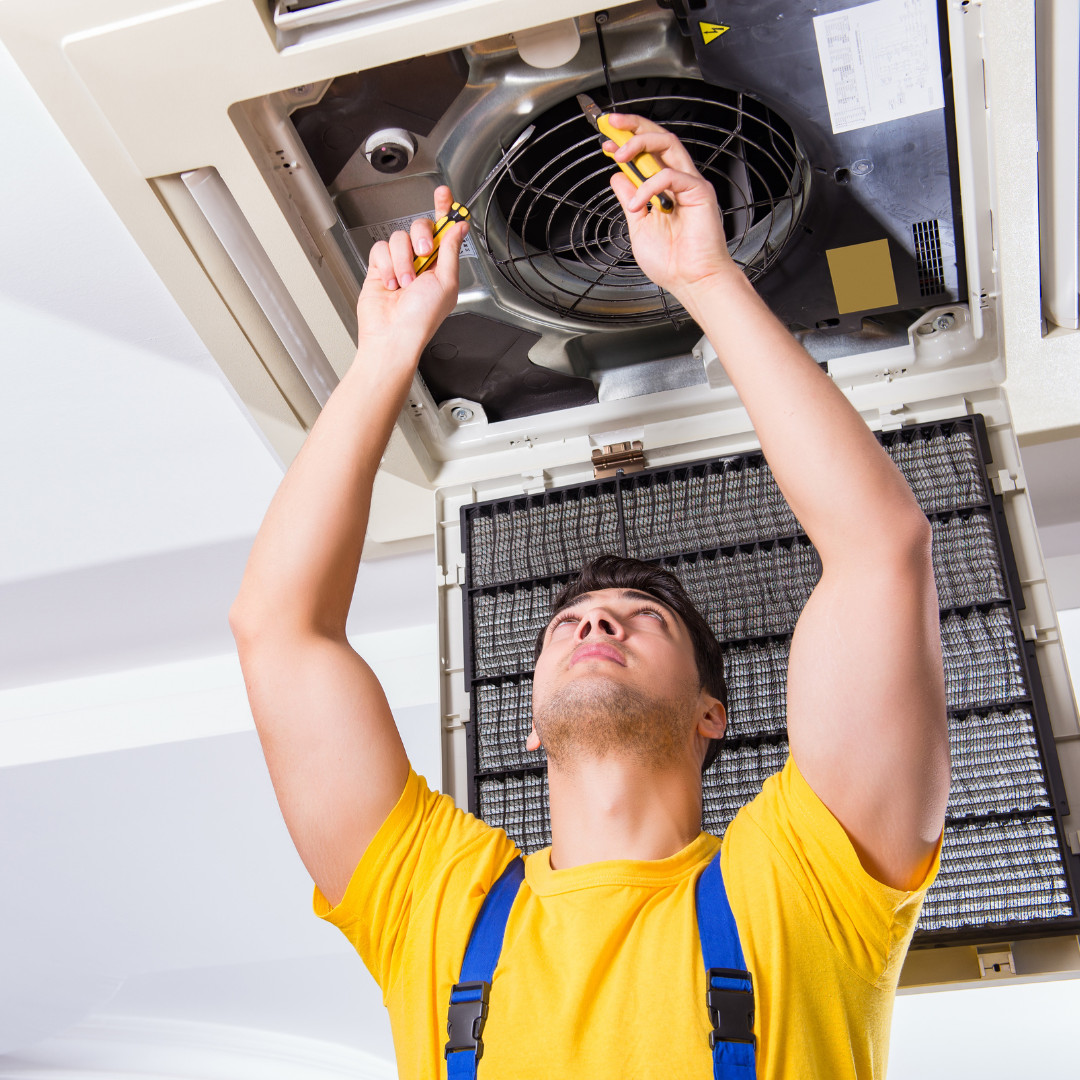In today's modern world, HVAC (Heating, Ventilation, and Air Conditioning) systems have become an integral part of our lives, providing us with comfort and maintaining optimal indoor air quality. Whether you're building a new home or upgrading an existing system, HVAC installation requires careful planning and execution to ensure maximum efficiency, comfort, and longevity. At 126 Builders Inc., we'll walk you through the essential steps and considerations involved in a successful HVAC installation.
HVAC installation is a significant investment that requires careful planning and professional expertise to ensure comfort, energy efficiency, and indoor air quality. By assessing your needs, selecting the right system, and working with an experienced HVAC contractor, you can enjoy a reliable and efficient HVAC system for years to come. Remember to prioritize regular maintenance to extend the lifespan of your system and create a comfortable living environment for you and your family.

Assessing Your Needs
Before diving into the installation process, it's crucial to assess your specific heating and cooling needs. Factors such as climate, building size, insulation, and the number of occupants all play a role in determining the appropriate HVAC system capacity. Consulting with a professional HVAC contractor can help you determine the ideal system size and type for your specific requirements.

Choosing The Right HVAC System
Once you understand your heating and cooling needs, it's time to select the right HVAC system. There are various options available, including central air conditioning, heat pumps, furnaces, and ductless mini-split systems. Consider factors like energy efficiency, maintenance requirements, and cost-effectiveness when making your decision. Opting for ENERGY STAR certified equipment can ensure energy efficiency and reduce utility costs in the long run.

Sizing And Ductwork Design
Proper sizing of the HVAC system is crucial to ensure efficient and balanced heating and cooling throughout your space. A professional contractor will perform load calculations to determine the appropriate capacity for your HVAC system. Additionally, they will design and install the ductwork system to optimize airflow, minimizing energy losses and ensuring even distribution of conditioned air.

Installation Process
HVAC installation involves several critical steps that should be executed with precision. A professional HVAC contractor will handle tasks such as equipment placement, electrical connections, refrigerant line installation, thermostat installation, and ductwork assembly. They will also perform thorough testing to ensure the system operates correctly and meets safety standards.

Ventilation And Indoor Air Quality
In addition to heating and cooling, proper ventilation and indoor air quality play a vital role in maintaining a healthy and comfortable indoor environment. During the HVAC installation process, considerations for air filtration, humidity control, and fresh air intake should be taken into account. Installing high-quality air filters and integrating a balanced ventilation system can help achieve optimal indoor air quality.

Maintenance Ans System Optimization
Once your HVAC system is installed, regular maintenance is essential for optimal performance and longevity. Follow the manufacturer's guidelines and schedule professional inspections to keep the system clean, identify potential issues, and maximize energy efficiency. Additionally, consider investing in programmable thermostats and smart controls to enhance system optimization and improve energy management.
Your dream home awaits!
Get in touch and arrange a consultation to discuss your ideas.
